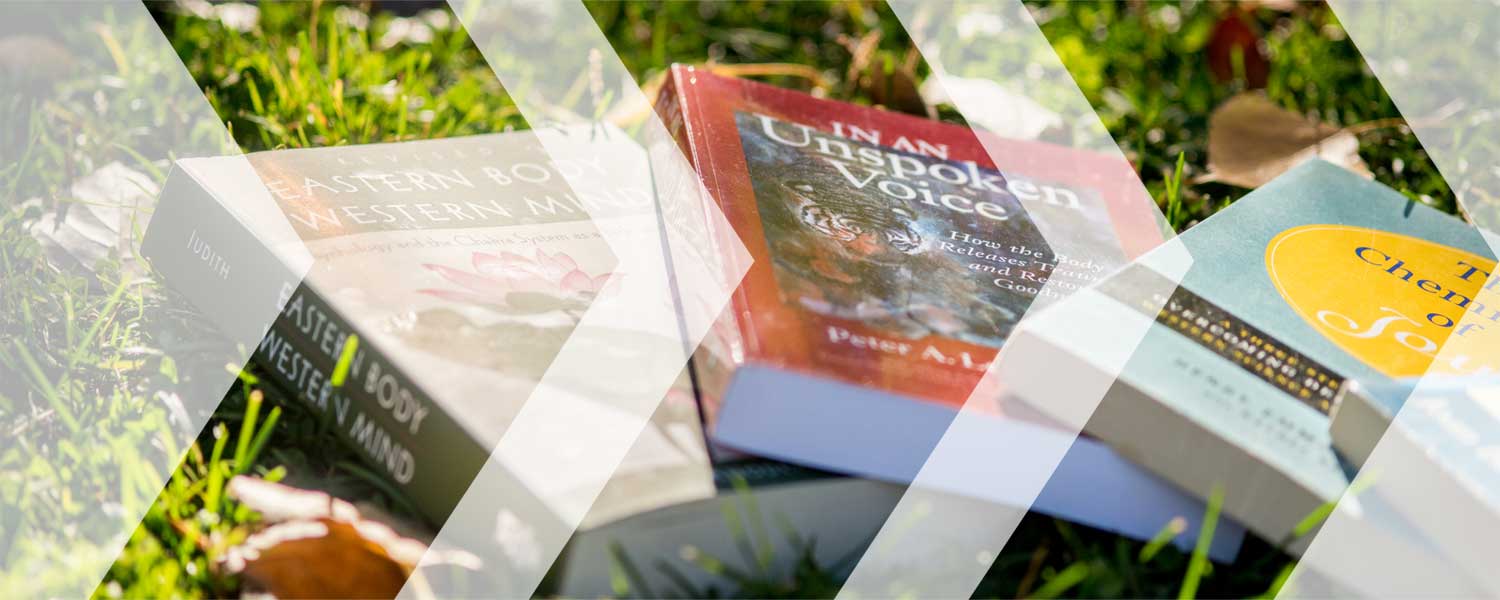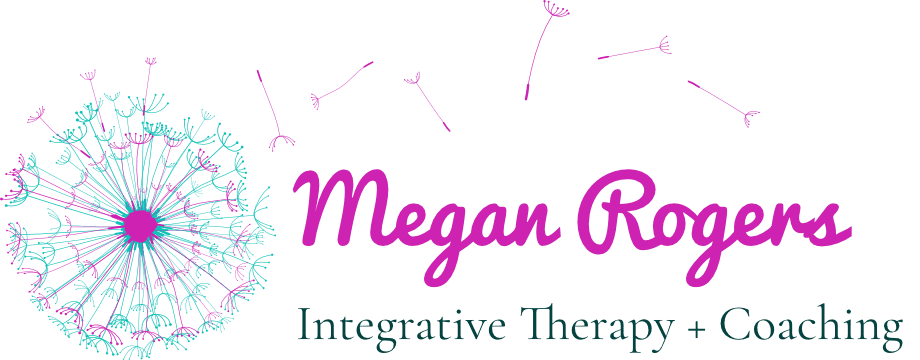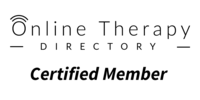My approach is holistic and integrative.
The notion that everyone is unique guides my practical, individualized approach with clients. What works for one person may not necessarily work for another, and a big part of the process is figuring out what works best for YOU – from the type of overall therapeutic intervention to things like self-care and food choices. We will work together to figure out what helps you feel like your best self.
Therapeutic techniques that I use:
- Nutrition for mental health (feeding the brain first)
- Mind-Body Psychotherapy
- Dialectical Behavior Therapy (DBT)
- Eye Movement Desensitization and Reprocessing (EMDR)
- Acceptance + Commitment Therapy (ACT)
- Mindfulness-Based Cognitive Therapy (MBCT)
- Attachment-Based Therapy
- Yoga Psychology
- HeartMath Biofeedback

This is not cookie-cutter therapy or coaching.
This is not cookie-cutter therapy or coaching.
I call myself an integrative psychotherapist and coach because I believe that our overall health is determined by several factors, and that it is important to look at the wellness of each of these, in addition to how they interact with each other.
My focus is on your mental health and emotional wellbeing, but I also consider various aspects of the mind-body-spirit connection, such as:
- Nutrition + neurotransmitter support
- Somatic and nervous system regulation
- Mindfulness + gratitude
- Physical health; sleep + energy, hormones, digestion
- Rest + relaxation
- Leisure, play, + joy practices
- Spirituality, intuition, + purpose
- Physical movement
- Career fulfillment
- Relationships of all kinds
- Home and community environments
- Creativity





I don’t believe any of these are separate from overall wellness; they are all pieces of the puzzle.
Research shows that in addition to talk therapy, interventions and practices such as yoga, meditation, acupuncture, exercise, massage, and Reiki can be effective in treating anxiety, depression, and addiction.
I don’t believe any one of these is enough, but when a few are combined, the effects can be powerful.
A holistic, integrative approach may be a good fit for you if:
- You like a more natural approach to health care.
- You have tried medication, but it didn’t work or wasn’t enough, or you want to explore routes other than medication, or in addition to medication.
- You’re already drawn to yoga, mindfulness, or nutrition as ways to support overall wellness.
- You’re curious about the mind-body-spirit connection.
- You aren’t so concerned with a “diagnosis” and aren’t looking for a quick fix.
A note about medication (because I am asked this freqeuently!)…
I believe there is a time and place for medication, and for some people, it has changed, and even saved, their lives. However, for many people, medication hasn’t worked or has had undesirable side-effects, and that can be incredibly frustrating. I also believe in informed consent; in knowing the potential risks, including reliance, tolerance, and nutrient depletion, for all prescriptions.
I am not anti-medication. But I have seen, time and time again, a reliance on medication to ease depression or anxiety without working to address the root causes of these concerns. To me, this is like putting a band-aid over a splinter without just taking out the damn thing.
This is a personal decision, and I support my clients in exploring the medication question from all sides – if they want to. We also discuss potential physiological factors that show up as depression or anxiety symptoms, such as hormone imbalances, sleep difficulties, and nutritional deficiencies.
I am clearly not a medical doctor. I do have additional training in nutrition, hormonal health, digestion, and natural approaches to mental health and addiction. I am happy to work with anyone else on your health team, am able to help you figure out if there is an underlying health issue for which you should seek additional support, and am also able to provide referrals, resources, and direction for more clarity and peace of mind.

